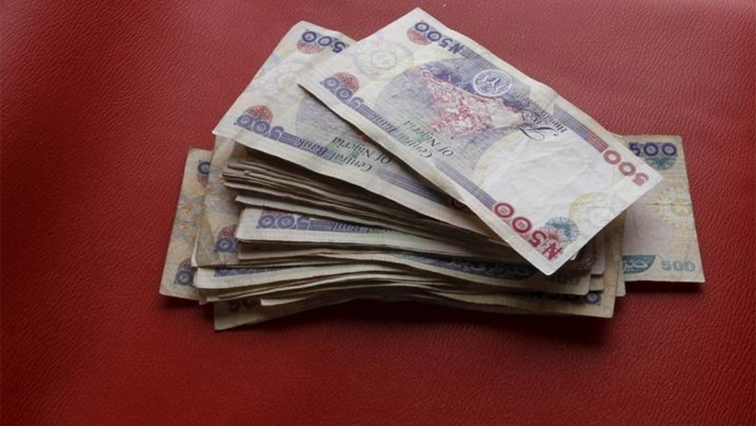The disclosure by a Nigerian senator that lawmakers in the upper house of parliament receive about $37 500 each per month to spend on personal expenses prompted outrage in the west African country where most people live on less than $2 a day.
Senator Shehu Sani, who represents constituents in the northwestern state of Kaduna, said Senate lawmakers earn about 750 000 naira each month, with a further monthly “running allowance” of 13.5 million naira which equates to $37 500 on the black market rate of 360 naira per dollar, which is most commonly used.
The revelation has prompted outrage in a nation where the elite have long benefited from the oil wealth of Africa’s biggest crude producer while most of the 190 million inhabitants live in poverty.
“I made it public so that in every possible way the chapter of secrecy can come to an end and Nigerians now can focus on other areas and sections or sectors of governance like the presidency and also state houses of assembly and now that Nigerians know what the senators are earning then they should also be asking, what is the running cost of the office of the president? What is the running cost of appointees of the president? What is the running cost of the ministers of the president? What is the running cost of state governors, of judges?” the senator said.
It comes amid heightening scrutiny of President Muhammadu Buhari‘s record ahead of a February 2019 election.
Buhari, who has not said whether he will seek a second term, took office in 2015 vowing to improve the lives of ordinary citizens, but the IMF recently said people were getting poorer.
Public outrage over the gap between rich and poor could become an election campaign issue in the coming months.
It is not clear what happens next after the amount in question was made public. Chijioke has been selling wallets for the past three years making 800 naira – just $2.22 a day. He says Nigeria’s leaders have failed the people.
“Our leaders will not think about the poor man and how to help them get out of bad situations. Look at what I am selling, if I tell you my age you will not believe it, even with all the suffering under the sun. It is not good but our leaders will not think about us. We are hustling not because we like it but because we have to help ourselves,” says Chijioke.
“It is outrageous, they are supposed not to earn up to such amount of money when their people hardly survive… even square meals. Civil servants that did the real job are not being paid or to commensurate to the work they are doing. Such things are supposed to be reviewed,” says Usman Mohammed.
Africa’s largest economy is only slowly emerging from recession. Inflation, despite slowing down for 13 months in a row, remained in double figures at 14.3 percent in February.
Food inflation, which hovered around 20 % throughout last year, stood at 17.6 % last month. Sani says leadership in Nigeria is seen as a cash cow, and that has to change.
“As an elected legislator or parliamentarian, you should be more interested and concerned in doing your parliamentary duties, raising motions, making bills, performing oversight functions on the executives. But here we are we find ourselves also having to do all those things and at the same time having to go back home and also do the work of executives. Now that not only affects the concentration of senators and members of house of reps on their primary responsibility, but it also became the attraction for why people want to be senators and want to be members of house of reps, so I am of the view that the more there is less monetary reward for being in the national assembly, then it will be less attractive for people who have nothing to contribute,” said Sani.
The expense figures discussed by Sani, a member of Buhari’s All Progressives Congress (APC) party with a reputation for being a firebrand politician, had never been disclosed to the public.




